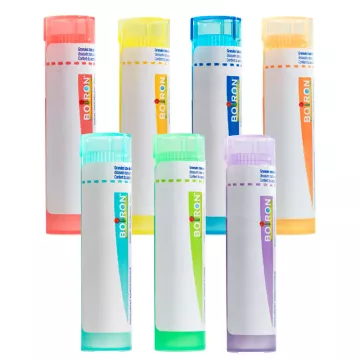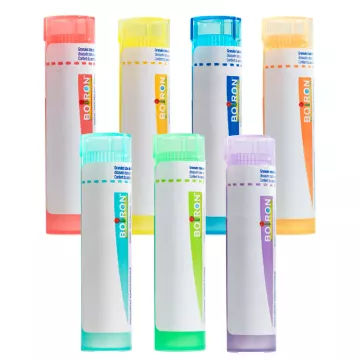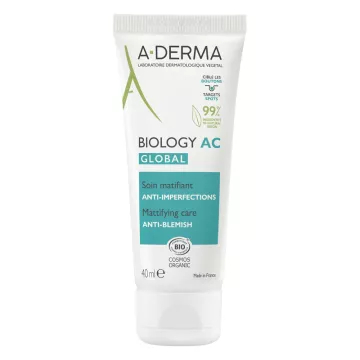



What are pimples and how do they form?
Pimples are a common manifestation of acne, affecting many people at various stages of their lives. These skin lesions occur when the skin's pores become clogged with sebum (the skin's natural oil), dead skin cells and sometimes bacteria, leading to inflammation. There are different types of pimples, including blackheads, whiteheads, papules, pustules, nodules and cysts, each requiring a specific approach to treatment.
How can I prevent the appearance of pimples?
Preventing pimples requires a proper skin care routine, which includes :
What treatments are available for pimples?
Treatments for pimples vary according to the severity and type of acne:
It is crucial to consult a dermatologist for an accurate diagnosis and a suitable treatment plan.
How to choose the right skincare products for acne-prone skin?
Opt for products labeled "non-comedogenic" or "non-acneigenic", which are less likely to clog pores. Look for active ingredients such as salicylic acid or niacinamide, known for their effectiveness against acne. Avoid products containing alcohol or fragrances, which can irritate the skin.
Can make-up be applied to acne-prone skin?
Yes, but choose non-comedogenic and hypoallergenic products to avoid aggravating pimples. It's also important to cleanse the skin thoroughly before applying make-up, and to remove it completely at the end of the day.
How important is the night-time routine in preventing pimples?
A well-established night-time skincare routine is crucial in the fight against pimples. At night, the skin regenerates and repairs damage sustained during the day. Key steps include:
Can hormonal changes influence the appearance of pimples?
Yes, hormonal fluctuations, particularly during puberty, pregnancy, or due to certain medical conditions, can increase sebum production, contributing to the appearance of pimples. Treatment options, such as oral contraceptives or other hormone-regulating medications, can be discussed with a specialist.
How does diet affect pimples?
While no food directly causes pimples, some can exacerbate acne in sensitive individuals. Foods with a high glycemic index and dairy products are often mentioned. Eating a diet rich in fruits, vegetables and whole grains can help reduce inflammation and improve skin health.
Is it possible to get rid of pimples for good?
While there is no definitive cure for acne, many strategies and treatments can effectively control symptoms and reduce their appearance. The key is to find a suitable skincare regime and commit to a healthy lifestyle. In some cases, acne improves with age.
Can I pierce my pimples myself?
Piercing or "popping" pimples is strongly discouraged, as it can lead to infection, increased inflammation and permanent scarring. If treatment of this kind is necessary, it should be carried out by a healthcare professional or dermatologist equipped with the right tools and in a sterile environment.